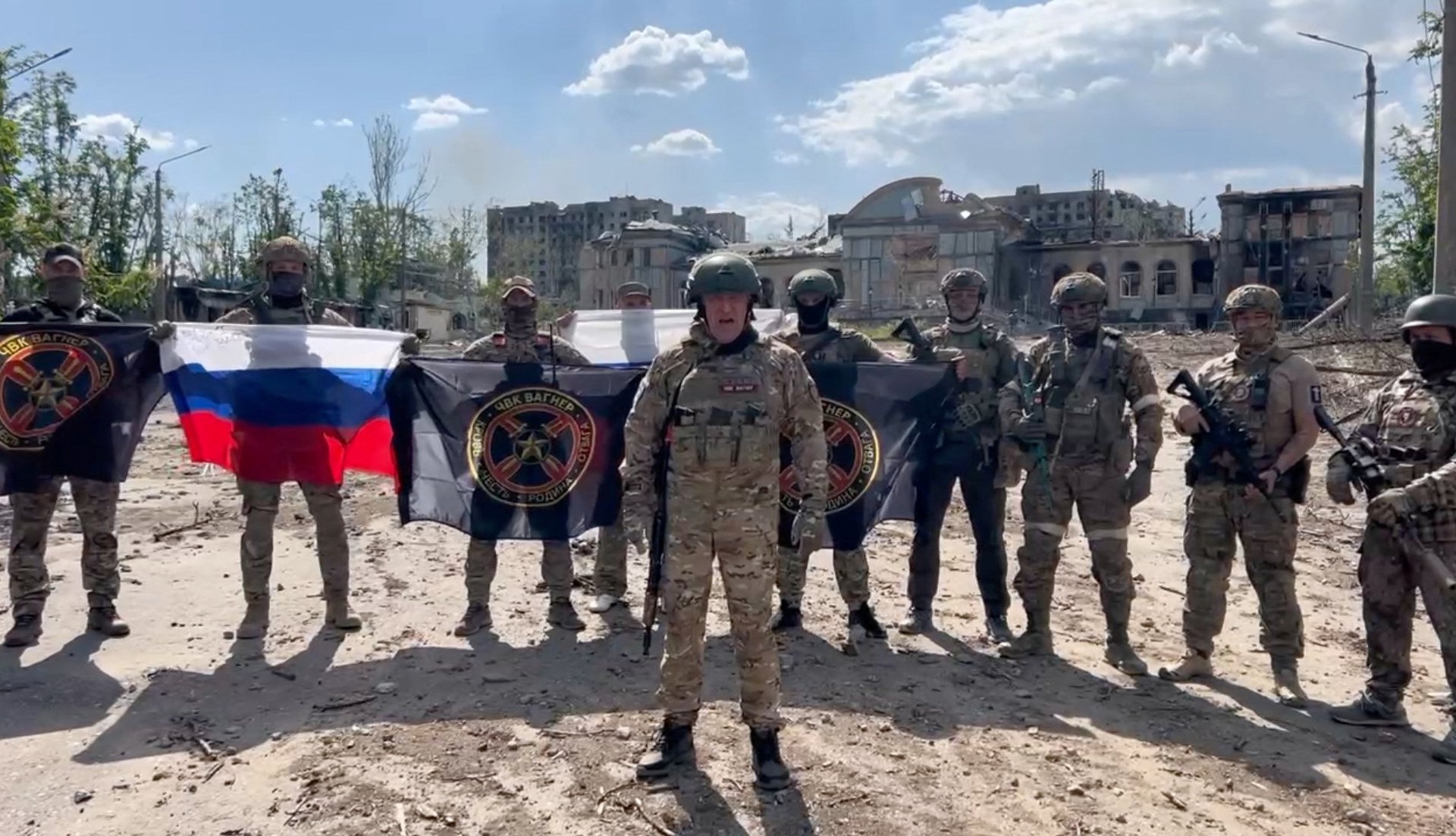The Washington Post editorial on Tuesday commented on recent remarks by Yevgeny Prigozhin, head of Russia's Wagner Group, that they highlighted deep divisions in the Russian military and left an impression not only of the chaos of the regime but also of its possible disintegration.
Prigozhin had previously threatened to withdraw his troops from Pakhmut, many of them convicted prisoners fighting on the promise of release if they survived that grinding battle in eastern Ukraine.
She pointed to what was widely interpreted as a general criticism of his patron, Russian President Vladimir Putin, and that it may also have been aimed at Defense Minister Sergei Shoigu, whom he without naming must have been "completely moron."
Prigozhin's behavior, amplified by the platforms and media channels he controls, is a symptom of the regime's weakness and mismanagement of the war, and raises questions about Putin's grip on power.
The newspaper described Prigozhin's behavior, amplified by the platforms and media channels he controls, as a symptom of the regime's weakness and mismanagement of the war, and raises questions about Putin's grip on power.
She added that this should be learned from the West about Russia.
One lesson, she says, concerns the Kremlin's disastrous leadership, which has been inflexible and disruptive, as well as incoherent, and is the main cause of the Russian military's convulsive performance on the battlefield and the strategic failure of the invasion.
The second lesson from domestic criticism of Russia's military performance, amplified by Prigozhin's public criticism, is that not everything is quiet among Russian elites.
If turmoil continues to escalate within this crucial circle in Putin's regime, the result could easily be increased turmoil in Moscow, which the West is likely to exploit, according to Le Monde.
The Russian military in Ukraine may not collapse anytime soon, and may be able to hold on to its established positions in the face of an expected Ukrainian counterattack.
But the maneuvers that incite Prigozhin against senior Russian officers, and mock unity of command, reflect the corruption of a system in which ridicule, repression, lies and violence are hallmarks.

